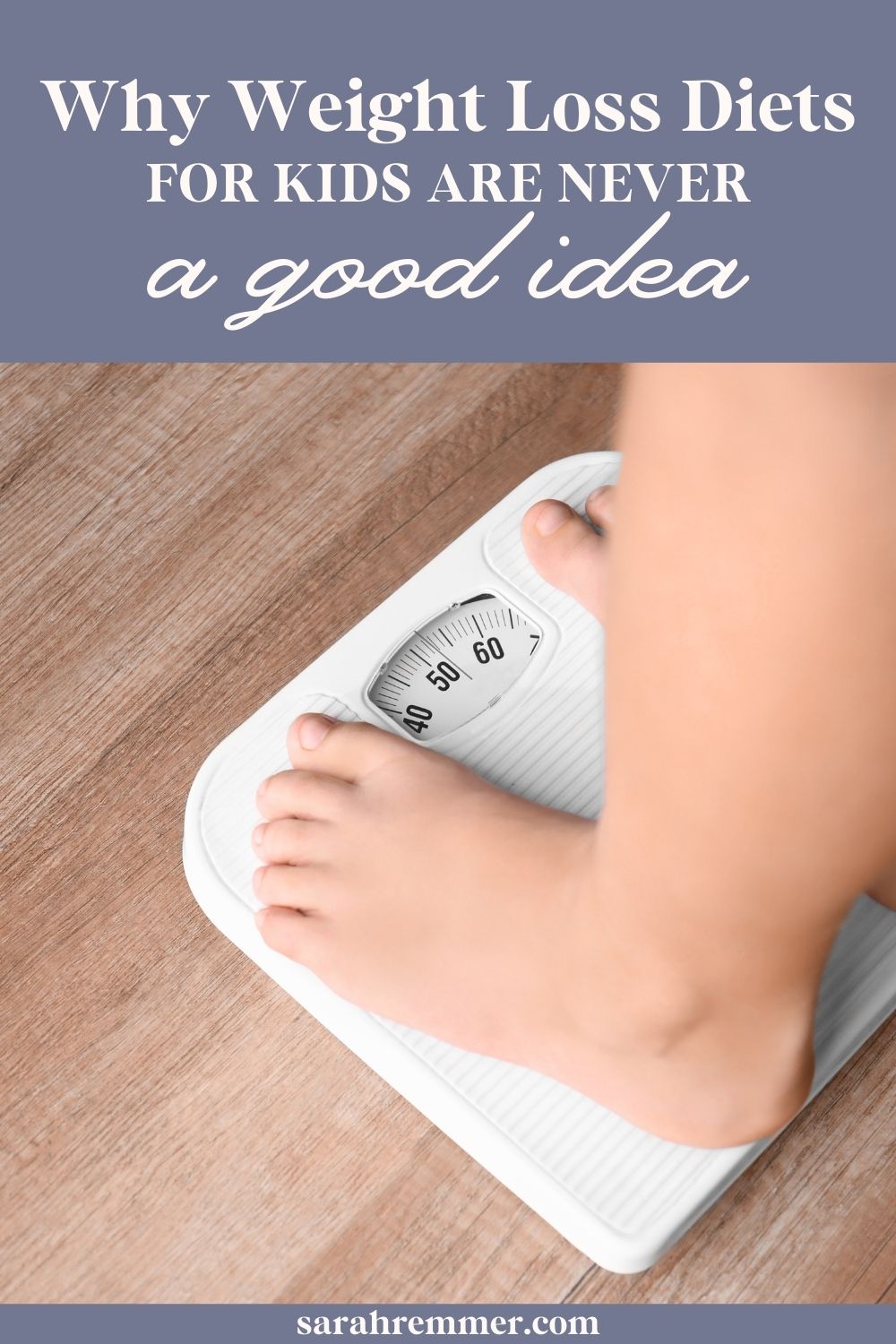Why weight loss diets for kids are never a good idea
If you’re nervous about your child’s bodyweight or switching overall body shape as it relates to their ingesting behaviors and/or exercise degree, you are not by yourself. Mom and dad, additional than at any time, are anxious and searching for advice. My problem as a pediatric dietitian though, is that moms and dads are turning to restrictive pounds loss diet programs to regulate their child’s weight. Here’s why I really don’t suggest performing that, and what to do instead…
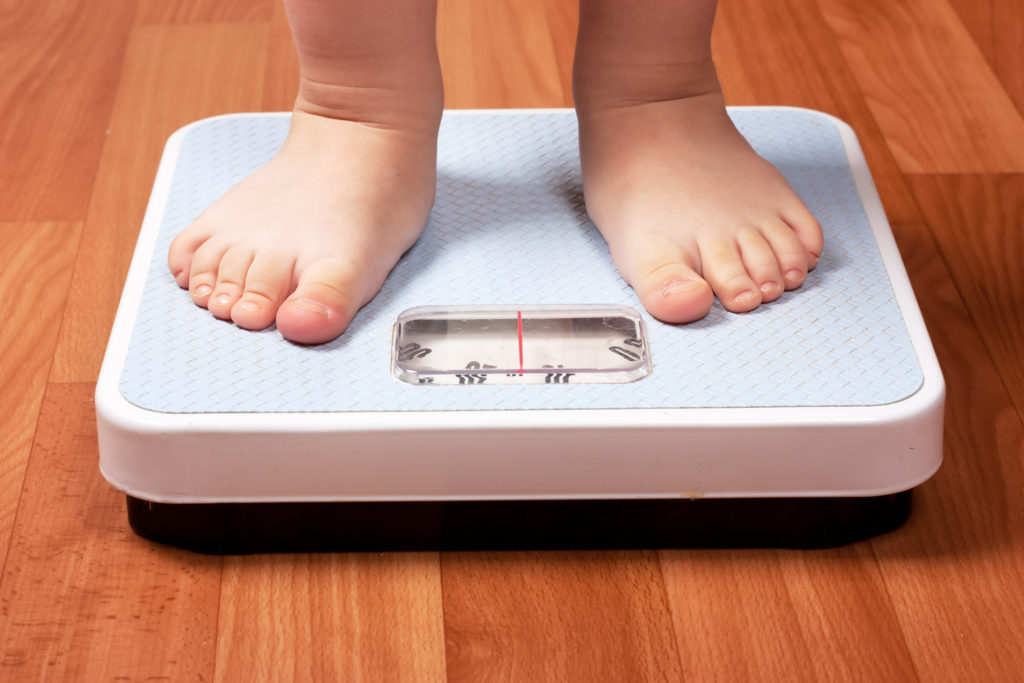
More than at any time I am observing mother and father who are anxious about their child’s weight, form, sizing and foods consumption. They speculate if their child overeats, and what to do about it. I generally switch to each “food neutrality” and “intuitive eating” as my guiding lights with these family members, to relieve their anxieties and arm them bounce with techniques and resources that will assist them to elevate balanced, intuitive eaters who have a favourable romance with foodstuff and body lengthy phrase.
Here’s what you are going to master in this article:
Diet’s Really don’t Get the job done
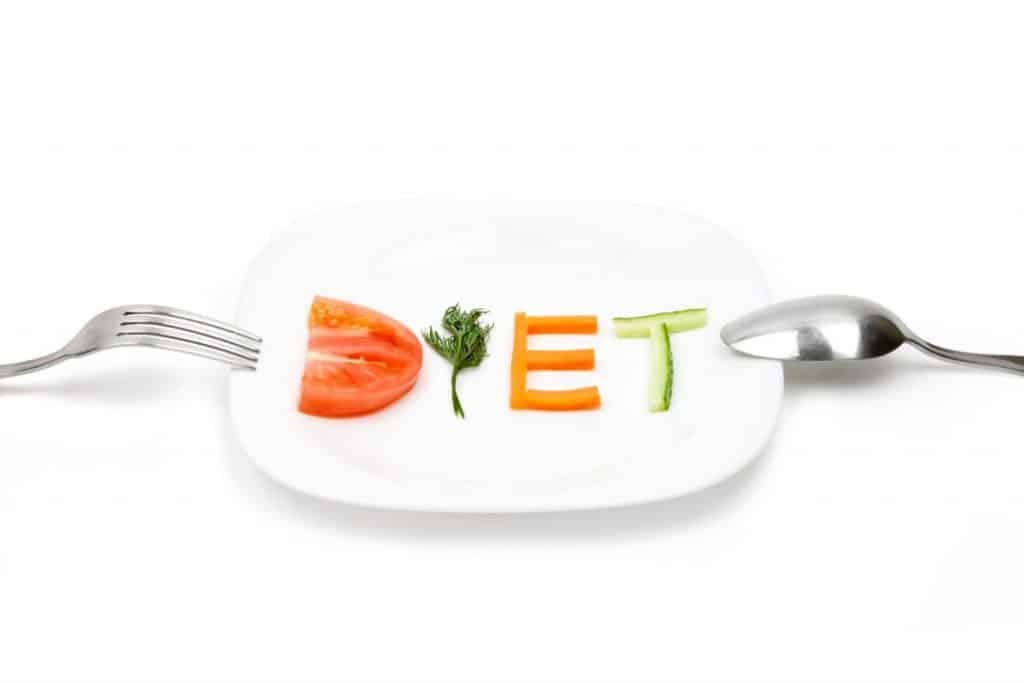
Let’s reduce to the chase and just simply call a spade a spade. Pounds loss eating plans, like fad diet programs, swift fixes, and the dreaded cleanse, don’t get the job done extended time period. Sure, you could see a unexpected lessen in weight, typically attributed to a shift in drinking water, or probably it is legit bodyweight (unwanted fat, or muscle mass mass reduction), but nine times out of ten, it’s not sustainable. The finest diet program is pretty truthfully, not a diet regime at all–it’s a life style that involves a range of foodstuff each day, some favorite pleasurable food items and some conscious eating procedures (alongside with fulfilling movement). Doing away with favourite food items or preventing total foodstuff (or foodstuff groups) is just not the answer, particularly for youngsters.
The only point food items restriction will do, is raise a child’s likelihood of producing an ingesting dysfunction. According to the American Academy of Pediatrics kids really should not be recommended fat-centered treatment owing to the possible for harm, but alternatively should be given the opportunity for far more loved ones-focused meals and routines. So, when achievable love mealtime as a household! It’s also vital to recall that young ones want to improve! Dieting through childhood can lead to a life time of serious dieting or pounds biking. And excess weight cycling, or “yo-yo” dieting, probably boosts the hazard of cardiovascular disease.
So, as a substitute of studying how to get your kid to drop fat, or which excess weight reduction approach to set them on, do this alternatively:
Recover your individual marriage with food items
We ALL want what’s most effective for our young ones and our intentions are usually good. We want to shield our children and we want them to expand into the healthiest versions of on their own. But in some cases when we do matters or say points out of panic, it can perpetuate unfavorable cycles and in fact set our youngsters up for much more difficulties down the highway. From time to time it involves some deep get the job done and reflection to know (and act according to) what’s genuinely ideal for our minimal kinds.
Talk to by yourself this: Do I have a balanced marriage with foods? This is a loaded dilemma, since taking in and the foods associations are sophisticated. And this usually stems back to our childhood. Developing up, my mother was a Weight Watchers details counter (as several several moms back then have been!), avoiding food items that were being considered way too significant in details and skipping meals (or very seriously skimping on them) to preserve details for later. But when you choose the “food” out of eating (aka taste, texture, expertise, Joy), you are still left with numbers, guilt, disgrace and confusion. And even even worse, with rigid pounds decline weight loss plans involving figures, factors and “good” and “bad” food items, you commence to foundation your self-worthy of on how profitable you are. And then the whole feeding marriage gets messed up!

If you ended up a kid who grew up considering this sort of point is standard (hello there fellow little ones of the 80’s and 90’s!), together with other typical feeding approaches such as “three a lot more bites or no dessert” or “clean your plate just before leaving the table”, your food connection is possible a little bit warped. Not your parents’ fault – which is all they realized! But it is time to acquire some measures to heal your relationship with food items and change your mentality so that you do not move these views and styles on to your children. This usually takes time and patience. Emotional taking in, taking in in the absence of hunger, and yo-yo dieting are realities for many of us, and they are really hard habits to split. A great area to start off is learning about how to be an Intuitive Eater.
When you really feel the urge to prevent your youngster from ingesting extra food items at mealtime, or to say “no” to them getting a 2nd (or 3rd or 4th) serving to, remember to look at a couple of matters …
Very first talk to your self: what are my fears? In which are they rooted? Do they stem from my individual knowledge as a baby? Are they rooted in diet plan culture? Are they actually warranted?
Try to remember: kids are growing and Want foodstuff, irrespective of dimension or form
To place it bluntly, who are you to know how a lot food stuff your youngster needs at a sitting down? Or how accurately your child’s physique will expand or how they will retail outlet electricity? Since you seriously have no clue. Each kid is exclusive and the way they try to eat, improve, and retailer vitality is distinctive way too (and dependant on so SO numerous components). Your intervention below is not useful, even nevertheless it may possibly be intuitive. Micromanaging your youngster to try to eat and shift a specific way in purchase for them to be a particular measurement or weight can be harming – each limited and prolonged-time period.
Young children are developing and building, and they have to have electrical power and nutrition to do so. Their foodstuff intake will be all about the spot, and their electricity requirements will vary considerably from food to meal and day to working day. This is typical, and also why it is so crucial that we depart the “how much” up to them. We do not know how substantially they will need. The amount that we see as being “appropriate” or “enough” is dependent on our personal assumptions or “rules” that are possible rooted in diet plan lifestyle. Who are we to establish how much our little one demands for their unique requires and growth pattern?
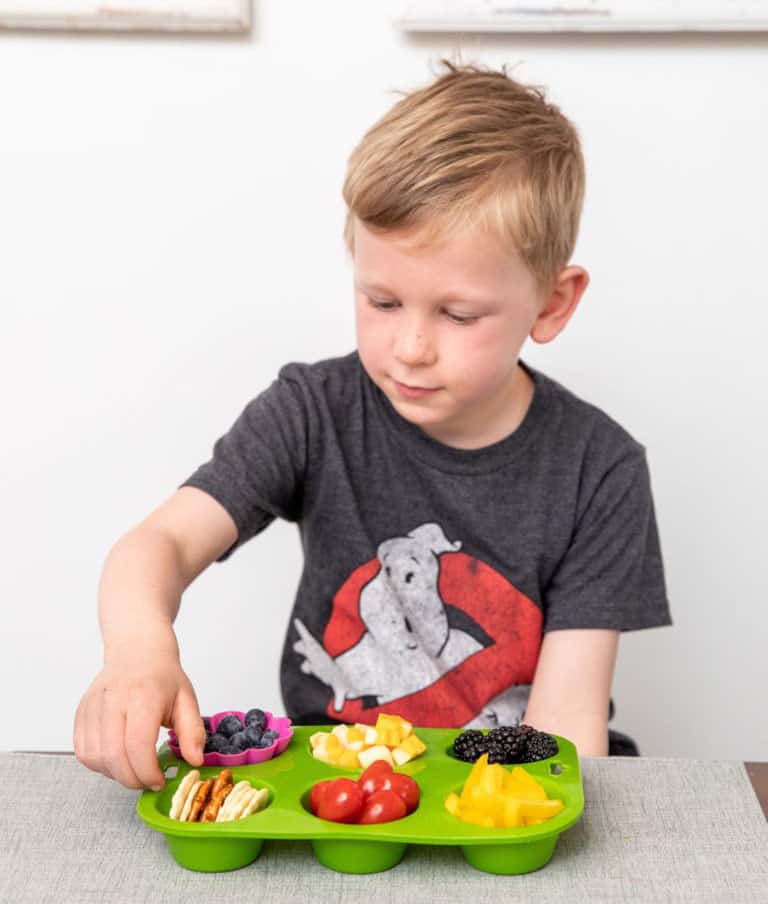
A child’s growth is not essentially a thoroughly clean, flawlessly linear pattern. At times we as mom and dad have anticipations of how they will improve, or what measurement/condition they will be (and how a lot food stuff they need to have to get there). The fact is, if we enable it, most children will mature into the body they are meant to.
When we restrict a child’s foods intake at foods, they will ultimately end trusting their body. What normally takes place is the Opposite of what we want: compensatory behaviours like sneaking/hiding foods, senseless eating, or around-having outside the house of the home or when they can.
What if we centered on our careers of feeding (what, wherever and when), and let our youngster do their employment of ingesting (if and how considerably). What if we ditched all pre-conceived concepts of how considerably food items our baby should really try to eat at any given time, and what their human body really should glimpse like at any supplied time?
Listen, we ALL want what is ideal for our youngsters and our intentions are generally excellent. We want to protect our young ones and we want them to mature into the healthiest variations of by themselves. But from time to time when we do points or say things out of anxiety, it can perpetuate destructive cycles and truly established our young ones up for a lot more worries down the highway. Occasionally it involves some deep perform and reflection to know (and act in accordance to) what is certainly finest for our small types. Belief your boy or girl to have confidence in their own bodies. Empower them to pay attention and have faith in their intuition at food and snack instances. Educate them how to be an Intuitive Eater.
Educate your boy or girl to be an intuitive eater
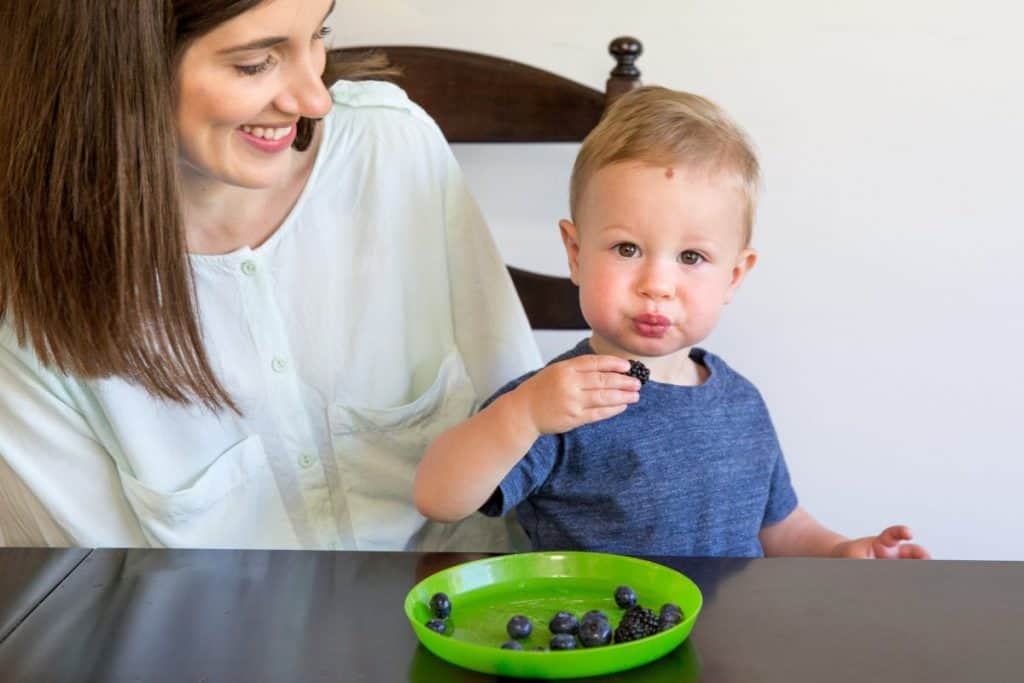
Youngsters are born intuitive eaters. From delivery, they have the potential to listen to their own all-natural physical hunger cues and try to eat accordingly. Intuitive ingesting is all about consuming when you commence to really feel hungry and halting when you are becoming complete. Quick appropriate? Effectively, no. For the reason that as youngsters increase, their having habits are affected by far more than just their inner starvation and fullness cues. Exterior things start out to participate in a part, these kinds of as the sight or scent of food stuff, mom and dad/good friend/sibling influence or marketing.
You may have listened to, or claimed oneself, just have “three extra bites”, tried out to coerce food into your toddlers open up mouth, or claimed “no dessert until finally you end your veggies”. These are all feeding strategies that consider away from your child’s purely natural capacity to self-regulate. Pressuring little ones to try to eat, labeling meals as “good” or “bad”, or associating foods with conduct (utilizing it as a punishment or reward), are all no-no’s on the route to getting an intuitive eater. So, here’s what you really should do rather:
Continue to be neutral and fall the labels
Phone food by its name! Say “this is an orange and that is chocolate” as opposed to “fruit is superior for you, treats are bad”. Maintaining meals on a level enjoying field normally takes away the pedestal. Simply because if you start out labelling foods as “bad”, “fun food”, “sometimes food”, “junk food”, or “unhealthy food” you right away make it much more alluring and tempting, which boosts the possibilities of your baby seeking, fixating on, or sneaking that meals. Also, most young children believe in very concrete phrases (and never have the capacity to consider abstractly), so if you label a food as “bad” or “unhealthy”, what this might indicate is that your child will start to assume that they are “bad” or “unhealthy” if they take in it. All of a sudden, the foodstuff that your little one eats grow to be tied to their value.
Really do not label foods “good” or “bad” and preserve food items neutral. This usually means, don’t praise your baby for ingesting “healthy” foods or reward them with a “treat”. Little ones will quickly determine out that the healthier meals need to be yucky if they are giving me a sought following “yummy” foodstuff for taking in it.

Respect their urge for food
Just like your hunger improvements from working day-to-working day so does your child’s! Some times they may talk to for seconds of their supper and some times they may possibly only just take a pair of bites. And that is ok. Probably they are not sensation well, perhaps they experienced a far more fulfilling lunch. The stage is, it’s up to them to choose. Forcing children to eat when they are not hungry will perpetuate the thought that they are only excellent when they distinct their plate. And some analysis indicates that being pressured to distinct your plate in adolescence may outcome in amplified chances of body weight acquire and being overweight later on in lifetime. The bottom line is that urge for food fluctuates for several many explanations! In its place of micromanaging your kid at the table, have confidence in them and their urge for food. Remind them that this is their possibility to consume, the kitchen area will be shut after, and that the following possibility to try to eat will be both at snack or mealtime in a few hours.
Have a regimen and consider to remain dependable
All young ones prosper on a regimen and consistency. They wake up, go to faculty, go to bed, repeat. Food and snack schedules are also essential when training intuitive eating. Understanding to self-regulate will come from realizing what to assume in conditions of timing of of meal and snack instances. Letting 2-3 hours (based on the age of you child) in among meals and snacks will allow them to sense hungry, but not starving at the get started of an feeding on opportunity. Children who are allowed to graze all over the day are not able to figure out their all-natural starvation and fullness cycles.
Practice Body Acceptance

A examine executed in 2016 requested 501 grownup females amongst the ages of 20-35 to recall comments their mothers and fathers experienced made increasing up about their body weight or eating routines. Not astonishingly, grown ups whose parents made bodyweight-linked remarks have been a lot more dissatisfied with their bodies.
You are so a lot a lot more than your fat, or the volume or varieties of foodstuff you take in. Bodies come in all shapes and sizes. And they’re all very good. Kids are uncovered to societal pressures just like older people. Lunchroom dialogue about food items, the comparison of bodies, and the desire to simply just “fit in” are all pressures youngsters face each and every day. As a dad or mum, you simply cannot totally defend your small children from fat stigma, but you can manage the discussion in your very own household and of your own human body.
What we say about our personal bodies can turn out to be our kids’ internal dialogue as perfectly. So, alternatively of focusing on things you may well not like about your system, emphasis on the incredible items that it can do! Your overall body is wonderful, solid, and special! Remind your kid that their system is ideal just the way it is, and it is ordinary to transform measurement and form as they get older. Focus on what your and your child’s system CAN do (like cartwheels in gymnastics or swimming underwater!).
If you’re involved about your child’s pounds and come to feel that you will need even further steerage, remember to do not hesitate to achieve out to our pediatric dietitian group and The Centre for Household Diet. We’re satisfied to support!
Published by: Lesley Langille, MS, RD and Sarah Remmer, RD
